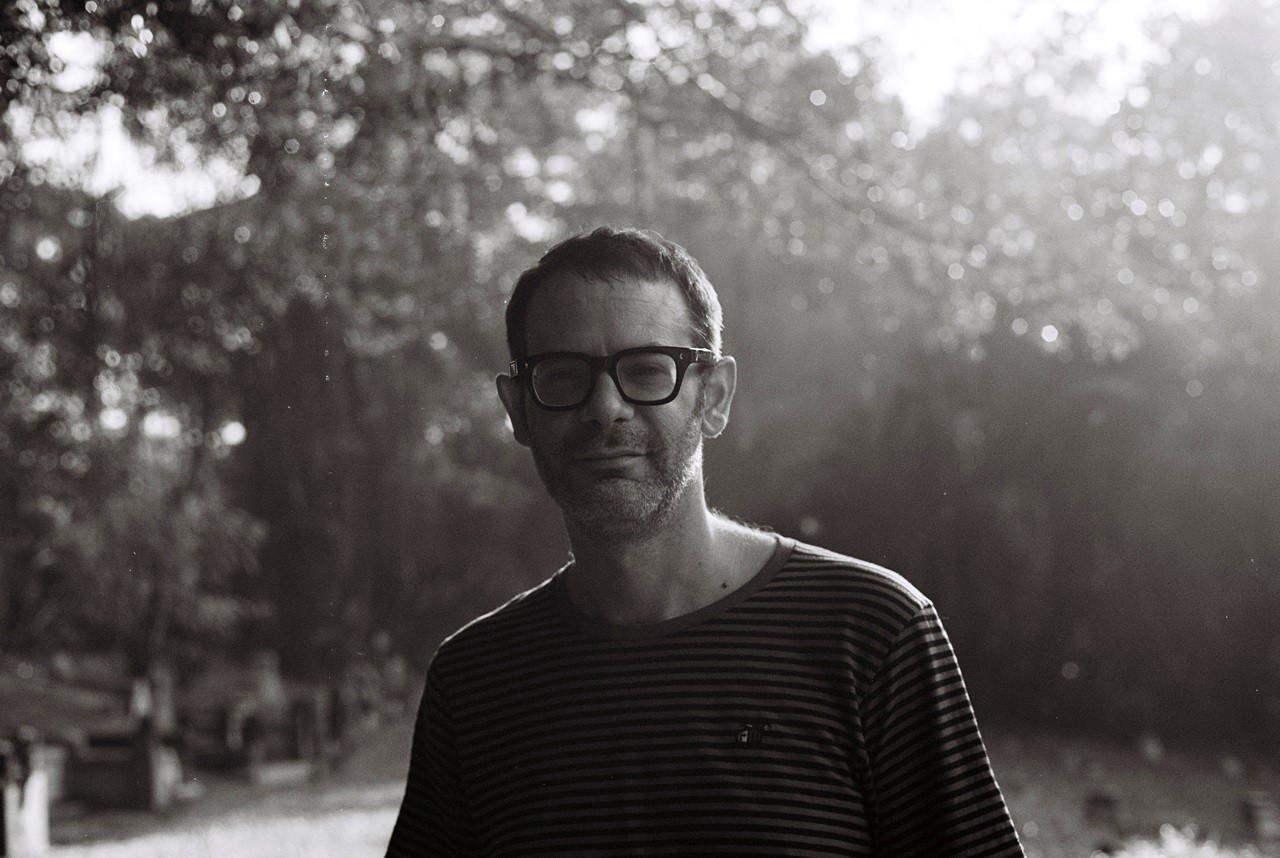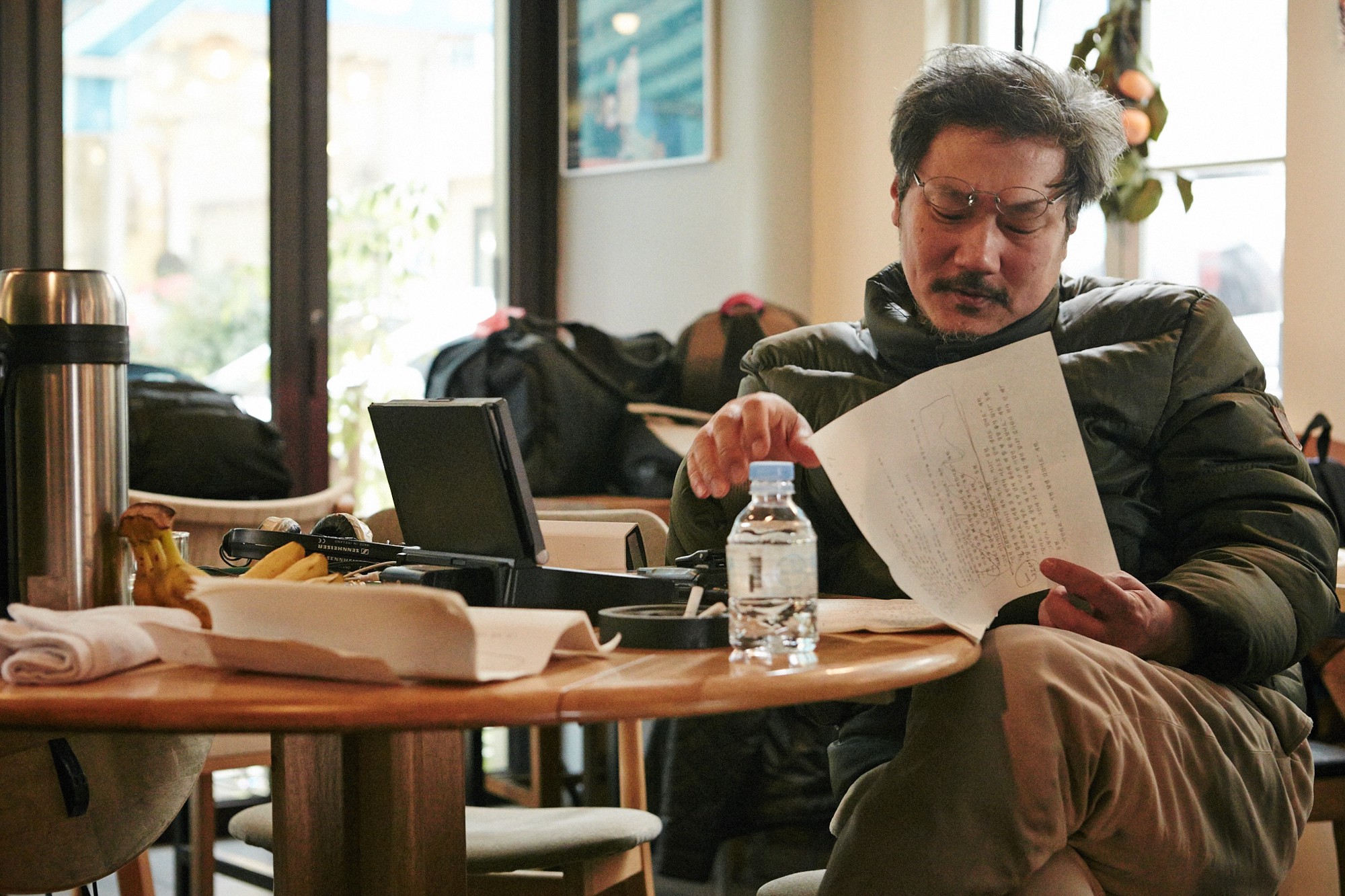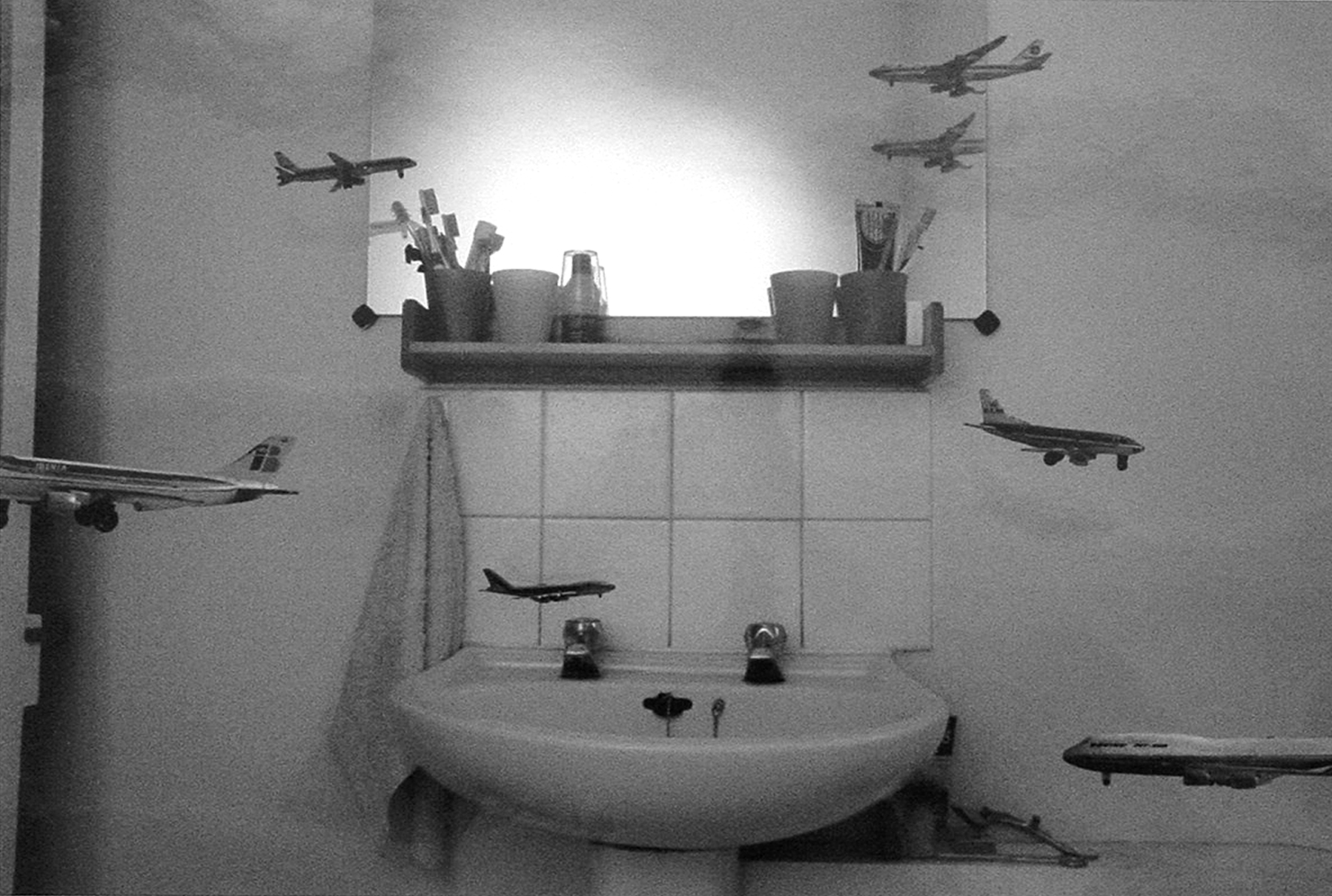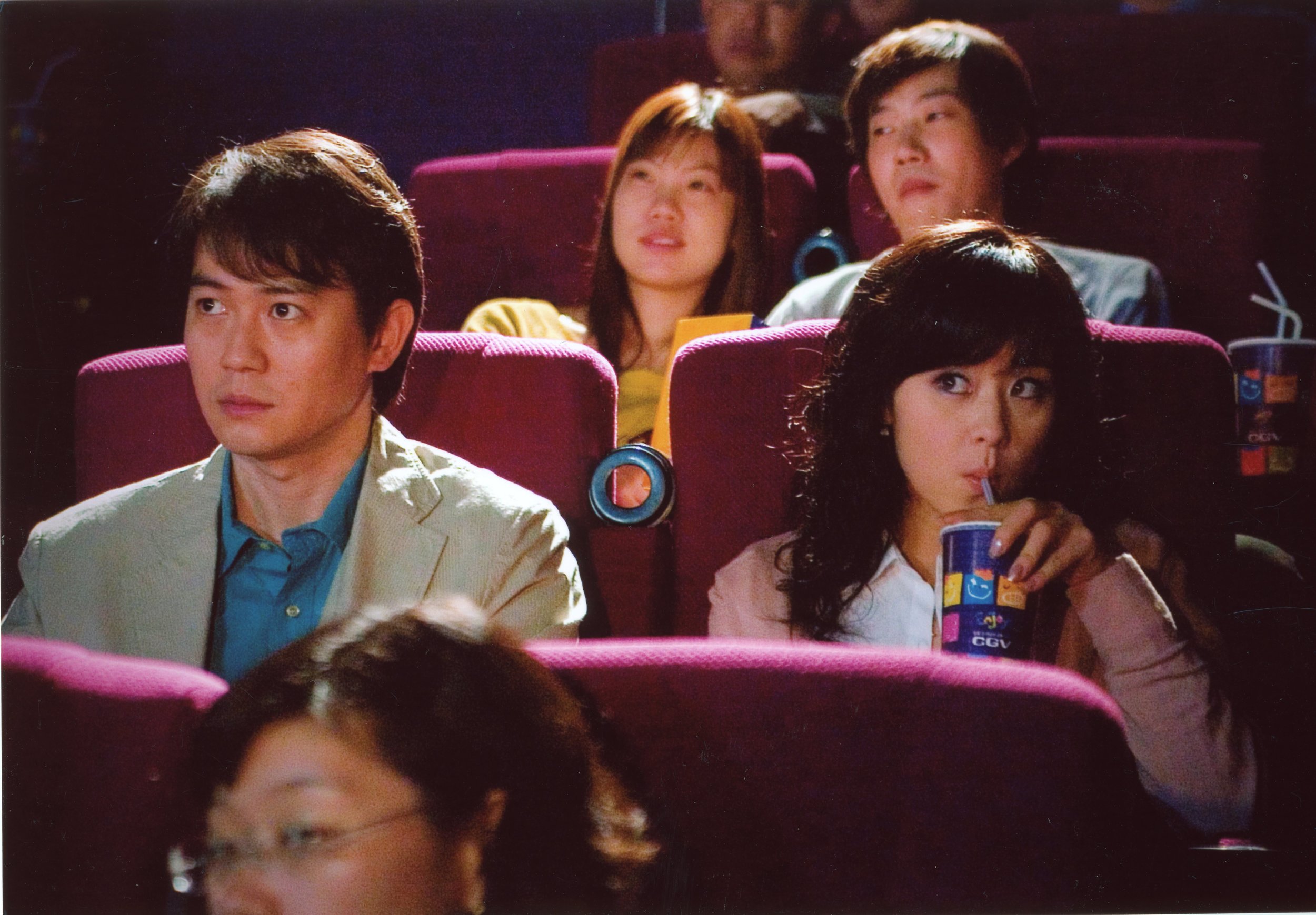NANG 1: Screenwriting — A conversation with guest editor Ben Slater

What follows is an edited version of a conversation between Davide Cazzaro and Ben Slater first published in the pilot Issue 0 of the magazine (pp.38–40).
STRUGGLES AND CONFLICTS
Davide Cazzaro: First of all, it is a pleasure having you on board, Ben. What, in particular, attracted you about this magazine project?
Ben Slater: It was a hard offer to refuse because I am being given freedom to create something from scratch and close to my own interests. As an editor I’m drawn to situations where the absence of pre-arranged format allows me to let a publication grow in areas where I don’t necessarily exactly know the outcome. I recently edited a book about the Singapore International Film Festival, 25: Histories & Memories of the Singapore International Film Festival(SGIFF: 2014), which developed very organically, so I’m glad to have the chance to do something like that again. In addition, this is also an opportunity to deal with a topic which I feel is criminally underexplored namely, screenwriting and the role of the screenwriter in Asian cinema… obviously it is a huge topic.
DC: Before delving into this and into Issue 1 itself, could you tell me more about your own background and current activities?
BS: My first professional job — professional would be in inverted commas — after I graduated in theater and film was co-editing a small independent print magazine in the mid-1990s with the writer/curator Gareth Evans. The magazine came out of Bristol (UK) and was called Entropy; as that word indicates, it was very 1990s in the sense that it was looking at the sort of breakdown of forms, and different kinds of hybrid work. Interviewing people was a big part of the job and I took a great deal of pleasure in crafting those pieces, which is something that has stayed with me throughout all my work.
Even though Entropy was an “Arts” magazine, both Gareth and I were primarily film fans; personally I have been obsessed with cinema since I was about twelve years old, but let’s not go back that far! After the magazine, I ended up working in cinemas as a programmer/curator, but the writing was always a crucial part of what I was doing. That continued once I arrived in Singapore in the early 2000s, but my focus changed quite a bit due to both the work I did researching the film Saint Jack (Peter Bogdanovich, 1979 — which led to a book, Kinda Hot: The Making of Saint Jack in Singapore, Marshall Cavendish: 2006) and to my parallel activity as a screenwriter-script editor and, more recently, as a lecturer at the School of Art, Design and Media of the Nanyang Technological University (NTU).
Actually, I haven’t brought my non-fiction writing and screenwriting background together as yet, so working on the Issue 1 of NANG will be a great way to do that.
DC: Any reason why you didn’t do this before?
BS: Actually, I’ve found it really difficult to write about screenwriting. It is hard to write about writing when the work is “in progress.” Screenwriting (as with any creative writing, but perhaps more so) is a very fragile thing; equally, it is hard to assess the writing of finished works because when you watch a completed film, and you see how film critics struggle with this, you can praise or blame a screenwriter for something, but more often than not, you really don’t know what they are responsible for and how much they were involved in certain decisions. Even the credits can be misleading!
DC: That’s an interesting and often overlooked point, I think. So what about your approach to this topic and what shall we expect to find in Issue 1?
BS: One thing that’s specific to Asia is the primacy of the writer-director, particularly for independent cinema in Southeast Asia. That “scene” is totally director-centered, even though writers often work with those “auteurs” and writers work in the more commercial parts of those industries. So, I am interested in talking to screenwriters from different parts of Asia and different industries and sectors and see how they are able to survive both financially, practically and psychologically, given that, more often than not, it’s a really hard role. We’ll be speaking to writers at different stages in their careers. We’ll be talking to younger writers and if all goes well, we’ll be talking to some very successful screenwriters. As a screenwriter myself, I am specifically interested in people who are just focused on the writing and are not necessarily aspiring to direct films. That said, we will of course make exceptions in order to explore this topic from as many angles as possible: hence interviews with Apichatpong Weerasethakul and others.
DC: I think that having first-hand encounter with a wide spectrum of professionals from different backgrounds may shed light on a number of important realities… what do you hope to achieve with Issue 1 and what do you hope readers will take from that?
BS: The knowledge that we have about screenwriting and a lot of the literature on screen writing comes from the United States and from American writers. It is very easy to read and access a huge amount of material on what it is to be a screenwriter in Hollywood. What I’m hoping is for Issue 1 to provide some sort of alternative in the sense that readers will learn about a lot of different industries and about a lot of different contexts in which screenwriters operate.
One of the things that made me want to research this area was attending the Annual Southeast Asian Cinemas Conference (ASEACC) in Manila in 2008.
Illustration by Mimi Mashud
One of the panels included Armando Lao, often known as Bing Lao. He is a Filipino writer and a true veteran of the Filipino film industry. He is best known outside of the Philippines for screenwriting for Jeffrey Jeturian and Brillante Mendoza. He wroteThe Debt Collector (2006), a film which traveled to quite a lot of festivals, and of course he wroteSerbis (2008), which was screened in Cannes and many others. He gave a talk that was really eye-opening for me because you realized that he was a “writer-as- author” and not a dutiful scribe in service to the director’s “Big Idea,” which is so often the case. He had a complete philosophy about how scripts should be put together. He does workshops and teaches a sort of “Bing Lao method.” This was somebody who’s really thought about the craft of screenwriting, something that I hadn’t encountered at this level before in Asia. That made me excited to learn more about what screenwriters are up to and the kind of creativity that is happening.
DC: Any aspect of the preparations for Issue 1 that you expect to be particularly challenging?
BS: Serious challenges will be finding interesting people from different parts of these industries. Who knows? Maybe we’ll discover there isn’t much to say. It’s very unpredictable. I suppose the big challenge will be getting people to be honest about screenwriting and the collaborative nature of this particular job.
DC: You mean establishing a more informal relationship with the interviewees?
BS: Yes, because I think most screenwriters have had difficult experiences with their collaborators. Inevitably that’s going to come up and it will be a challenge to make sure that, among other things, we can honestly cover those struggles and conflicts.







